
Top 10 Symphony Composers
Friday, January 28, 2022
After the extraordinary musical developments of Haydn, Mozart and Beethoven the composition of a symphony became a daunting challenge, for many years the ultimate challenge for any composer. Many rose magnificently to that challenge, not least Brahms, Mahler, Sibelius and Shostakovich
As Richard Bratby notes in his article What is a Symphony?: 'Few musical terms carry such baggage. And to write a symphony, now as then, means engaging with Western music’s most ambitious ongoing attempt to create meaning out of sound; declaring to the world that you have something important to say – and are about to deploy all your creative powers to say it.'
We hope that the gathering of the 10 composers below serves as a informative introduction to the vast universe of symphonic writing, outlining the diverse ways that the greatest composers have responded to the task of writing a symphony, from the 18th century to the 20th. There are many outstanding symphonists to explore outside this initial list of 10 (Mendelssohn, Schumann, Tchaikovsky, Dvořák, Copland, Carl Nielsen, Florence Price, Per Nørgård, Malcolm Arnold, John Adams – to name just a few), but we hope that this guide will set you off an an inspiring listening journey.
We have recommended both a complete symphony-cycle and a recording of an individual symphony for each composer.
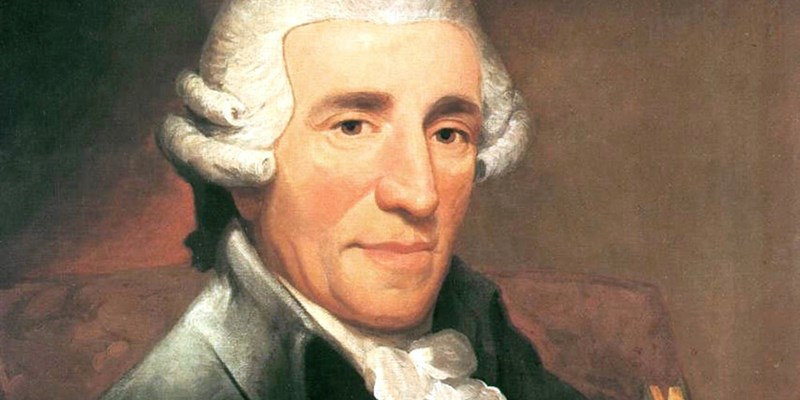
Joseph Haydn (1732-1809)
Haydn’s contribution to musical history is immense, he was nicknamed ‘the father of the symphony’ (despite Stamitz’s prior claim) and was progenitor of the string quartet. Like all his well-trained contemporaries, Haydn had a thorough knowledge of polyphony and counterpoint (and, indeed, was not averse to using it) but his music is predominantly homophonic. His 104 symphonies cover a wide range of expression and harmonic ingenuity.
Recommended recordings
Complete Symphonies (Nos 1-104)
Austro-Hungarian Haydn Orchestra / Adám Fischer (Brilliant Classics)
Read the review
Haydn 2032, Volume 4 – Il Distratto
Il Giardino Armonico / Giovanni Antonini (Alpha)
Gramophone Award winner – Orchestral category (2017)
Read the review
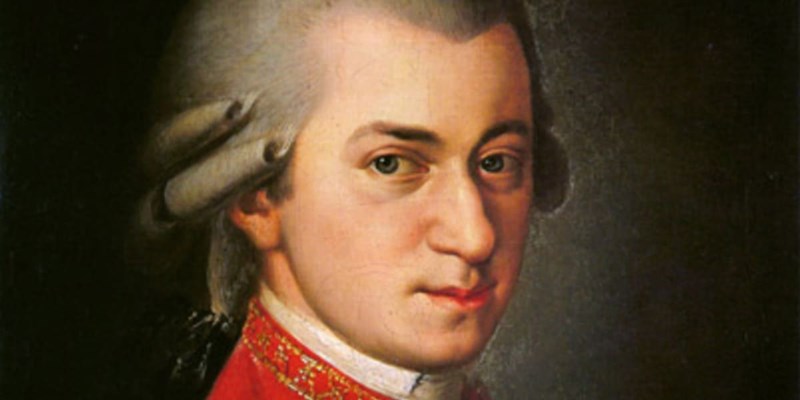
Wolfgang Amadeus Mozart (1756–1791)
There is less than half a century between the death of Handel (1759) and the first performance of Beethoven’s Fidelio (1809). Bach and Handel were still composing when Haydn was a teenager. To compare the individual ‘sound world’ of any of these four composers is to hear amazingly rapid progress in musical thinking. Without doubt, the most important element of this was the development of the sonata and symphonic forms. During this period, a typical example generally followed the same basic pattern: four movements – 1) the longest, sometimes with a slow introduction, 2) slow movement, 3) minuet, 4) fast, short and light in character. Working within this formal structure, each movement in turn had its own internal structure and order of progress. Most of Haydn’s and Mozart’s sonatas, symphonies and chamber music are written in accordance with this pattern and three-quarters of all Beethoven’s music conforms to ‘sonata form’ in one way or another.
Mozart composed 41 symphonies and in the later ones (try the famous opening of No 40 in G minor) enters a realm beyond Haydn’s – searching, moving and far from impersonal.
Recommended recordings
Complete Symphonies (Nos 1-41)
The English Concert / Trevor Pinnock (Archiv)
Read the review
Symphonies Nos 29, 31, 32, 35 & 36
Scottish Chamber Orchestra / Sir Charles Mackerras (Linn Records)
Gramophone Awards shortlist (2010)
Read the review
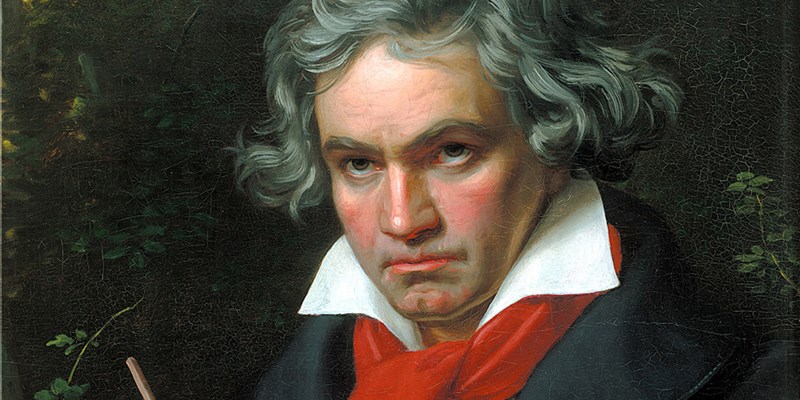
Ludwig van Beethoven (1770-1827)
Ludwig van Beethoven coupled his genius for music with profoundly held political beliefs and an almost religious certainty about his purpose. With the possible exception of Wagner, no other composer has, single-handedly, changed the course of music so dramatically and continued to develop and experiment throughout his entire career. His early music, built on the Classical paths trod by Haydn and Mozart, demonstrates his individuality in taking established musical structures and re-shaping them to his own ends. Unusual keys and harmonic relationships are explored, while as early as the Third Symphony (Eroica), the music is vastly more inventive and cogent than anything Mozart achieved even in a late masterpiece like the Jupiter. Six more symphonies followed, all different in character, all attempting new goals of human expression, culminating in the great Choral Symphony (No 9) with its ecstatic final choral movement
celebrating man’s existence. No wonder so many composers felt daunted by attempting the symphonic form after Beethoven and that few ever attempted more than the magic Beethovenian number of nine.
Recommended recordings
Complete Symphonies (Nos 1-9)
Chamber Orchestra of Europe, Arnold Schoenberg Choir / Nikolaus Harnoncourt (Teldec)
Gramophone's Recording of the Year (1992)
Read the review
Symphonies Nos 5 & 7
Vienna Philharmonic Orchestra / Carlos Kleiber (DG)
Read the review
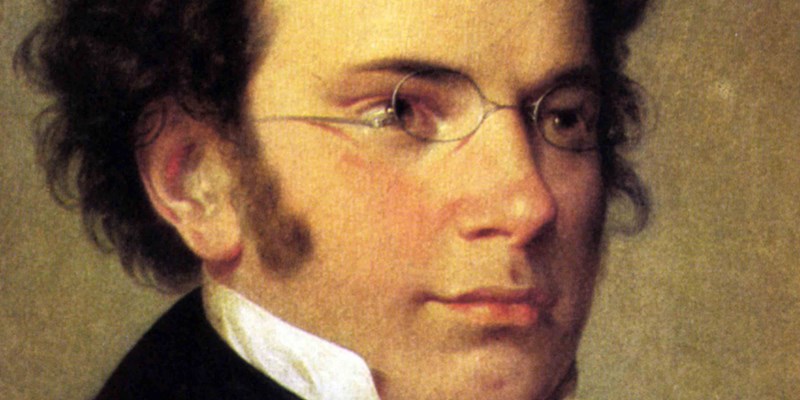
Franz Schubert (1797-1828)
On March 26, 1828, in the Musikverein of Vienna, there was given for the first time a programme entirely devoted to Schubert’s music. It was put on by his friends, of course, but though successful, was never even reviewed. Less than eight months later, Schubert died of typhoid, delirious, babbling of Beethoven. He was 31 and was buried as near to him as was practicable, with the epitaph ‘Here lie rich treasure and still fairer hopes’. Schubert left no estate at all, absolutely nothing – except his manuscripts.
It was only by chance and the diligence of a few musicians that some of it came to light – in 1838 Schumann happened to visit Schubert’s brother and came across the great Symphony in C (the Ninth) and urged its publication; the Unfinished Symphony was not heard until 1865, after the score was found in a chest; it was George Grove (of Grove’s Dictionary fame) and the young Arthur Sullivan (of Gilbert and Sullivan fame) who unearthed in a publisher’s house in Vienna Schubert’s Symphonies Nos 1, 2, 3, 4 and 6, 60 songs and the music for Rosamunde. That was in 1867. Over a century later, in 1978, the sketches for a tenth symphony were unearthed in another Viennese archive.
Recommended recordings
Beecham (Warner Classics)
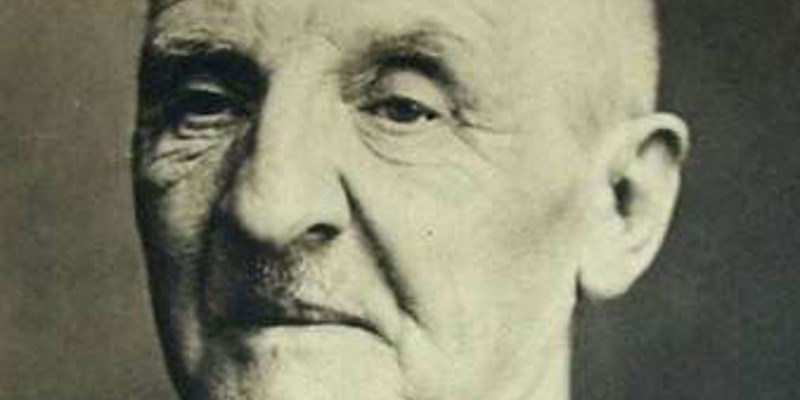
Anton Bruckner (1824-1896)
‘I never had a more serious pupil than you,’ remarked Bruckner’s renowned teacher of counterpoint, Simon Sechter. Certainly, no one could ever accuse Bruckner of being frivolous and quite how this unsophisticated, obsequious boor came to write nine symphonies of such originality and epic splendour is one of music’s contradictions. You don’t turn to Bruckner the man or the musician for the light touch. His worship of Wagner verged on the neurotic for, really, there is something worrying about his debasement before the composer of Tristan. The dedication of his Third Symphony to Wagner reads: ‘To the eminent Excellency Richard Wagner the Unattainable, World-Famous, and Exalted Master of Poetry and Music, in Deepest Reverence Dedicated by Anton Bruckner’; before the two men eventually met, Bruckner would sit and stare at his idol in silent admiration, and after hearing Parsifal for the first time, fell on his knees in front of Wagner crying, ‘Master – I worship you’. His soliciting of honours, his craving for recognition and lack of self-confidence, allied with an unprepossessing appearance and a predilection for unattainable young girls, paints a disagreeable picture. The reverse of the coin is that of the humble peasant ill at ease in society, devoutly religious (most of his works were inscribed ‘Omnia ad majorem Dei gloriam’) and a personality of almost childlike simplicity and ingenuousness. God, Wagner and Music were his three deities.
Recommended recordings
Complete Symphonies (Nos 1-9)
Berlin Philharmonic Orchestra / Herbert von Karajan (DG)
Read the review
Symphony No 9
Lucerne Festival Orchestra / Claudio Abbado (DG)
Gramophone's Recording of the Year (2015)
Read the review
Eight Symphonies
Berlin Philharmonic Orchestr / Karl Böhm (DG)
Read the review
Symphonies Nos 3, 5 & 6
Royal Philharmonic Orchestra / Sir Thomas Beecham (Warner Classics)
